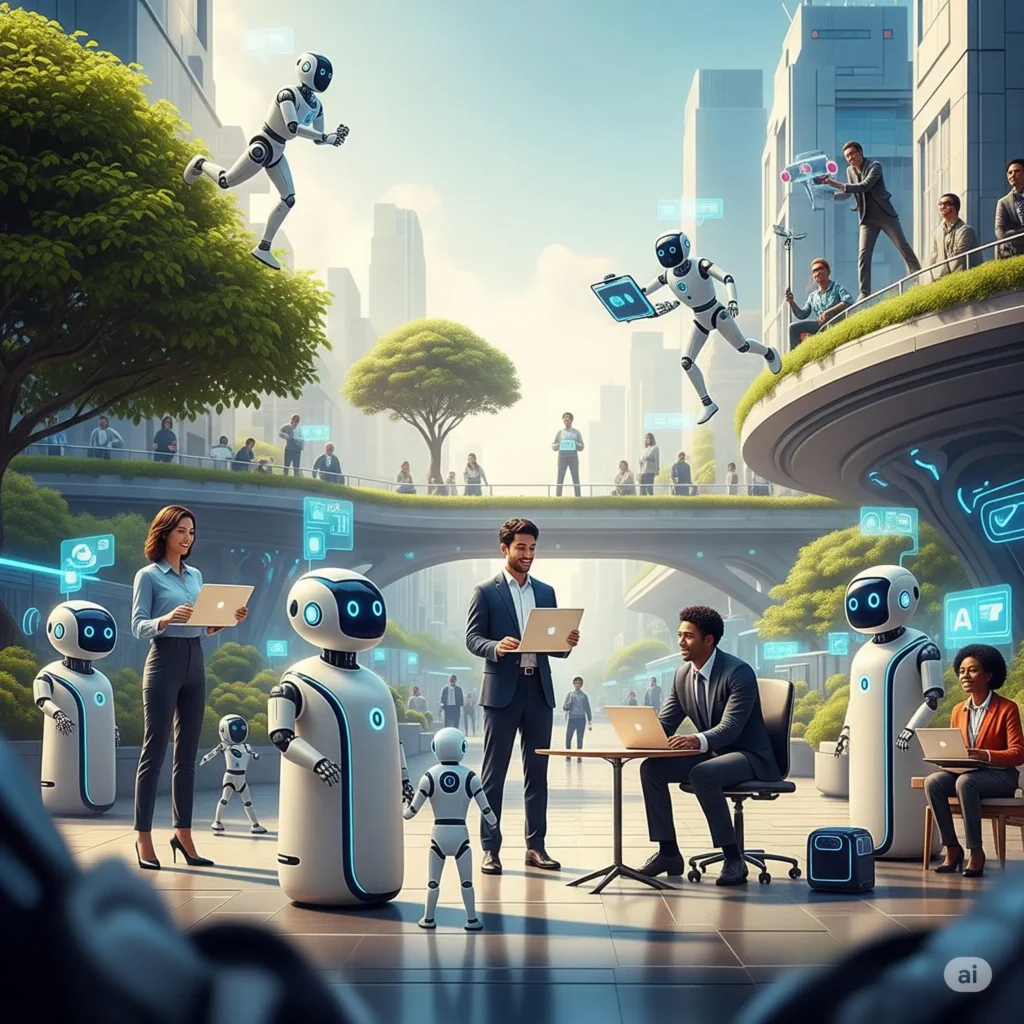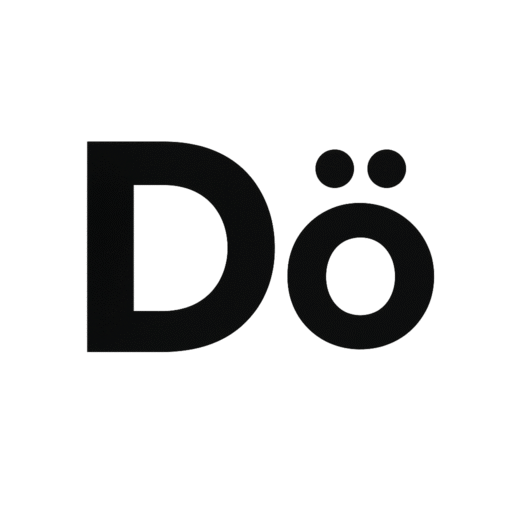Is Artificial Intelligence (AI) going to take your job? This is the most frequently asked question worldwide as technology rapidly advances. It’s a concern that troubles both employees and employers, often sparking heated discussions across social media. Worries about future careers are on the rise. Let’s delve deeper into this global debate and its potential impacts.
Are the Concerns Real? Is AI a Threat or an Opportunity?
The rise of AI will undoubtedly bring changes to certain job sectors, primarily through increased automation. AI systems can perform repetitive and routine tasks faster and more accurately than humans. This might affect simple customer service roles in the finance sector, call center inquiries, or assembly lines in manufacturing. However, this doesn’t signify a “job apocalypse.” Experts suggest that AI will primarily transform most jobs rather than eliminate them entirely. In fact, they predict it will create entirely new job sectors. Much like the Industrial Revolution or the widespread adoption of the internet, every major technological advancement has historically brought forth new professions.

How Is AI Impacting the Global Workforce?
Globally, AI is rapidly integrating into the business world. Major companies have already begun leveraging AI-powered systems:
- Banking and Finance: Global banks utilize AI-powered chatbots for customer service. For instance, virtual assistants like Capital One’s Eno handle basic banking transactions, allowing human employees to focus on more complex and empathy-driven tasks.
- Manufacturing and Industry: Automotive giants and tech companies are boosting efficiency through robots and automation. For example, Boston Dynamics’ Spot and Atlas robots undertake dangerous or repetitive tasks, shifting human workers towards more skilled supervision and maintenance roles. The concept of smart factoriesis becoming increasingly prevalent.
- Healthcare Sector: AI assists in early disease diagnosis and the creation of personalized treatment plans. Systems like IBM Watson Health analyze medical images to support doctors, enhancing surgical precision during operations. This significantly streamlines doctors’ work.
- Software Development and Content Creation: Large language models such as OpenAI’s ChatGPT and Google’s Gemini can write code, generate text, and summarize information. These tools accelerate routine tasks for developers and content creators, enabling them to focus on more creative and strategic endeavors.
- E-commerce and Retail: Giants like Amazon use AI systems to analyze customer habits, offering personalized product recommendations. This also optimizes inventory management and logistics processes.
These examples clearly demonstrate that AI isn’t eliminating jobs but rather transforming their nature. The human element is being repositioned into more strategic roles.
Adapting to the Future: Which Skills Will Stand Out?
How can we thrive amidst this transformation? The key is to focus on skills that AI cannot automate:
- Creativity and Innovation: AI operates with existing data. The ability to generate novel ideas and think outside the box remains uniquely human.
- Critical Thinking and Problem-Solving: Human intelligence will always be indispensable for solving complex, ambiguous, and ethical problems. The ethical use of AI itself is also a critical domain.
- Emotional Intelligence and Communication: Empathy, negotiation, leadership, and managing social interactions are areas where AI is yet to succeed. These skills will be particularly valuable in human-centric services.
- Learning and Adaptability: Continuous learning and adapting to new technologies are among the most crucial competencies for the future. Digital literacy and the ability to utilize AI tools will also come to the forefront.
Conclusion: Is AI a Rival or a Partner?
While the question ‘Will AI take my job?’ echoes globally, there’s no need to fear; instead, it’s an invitation to transform and thrive. However, it will fundamentally change how we work. We should view AI not as a rival, but as a partner and a powerful tool. While it takes over our routine tasks, it offers us the opportunity to focus on more creative, strategic, and human-centric work. Countries must rapidly adapt to this transformation, implementing strategic steps across a broad spectrum, from education to workforce policies.
So, what are your thoughts? How do you think AI will impact your job? We look forward to your comments! For everything about yesterday’s headlines and more, follow our platform dununozeti.com on social media!
